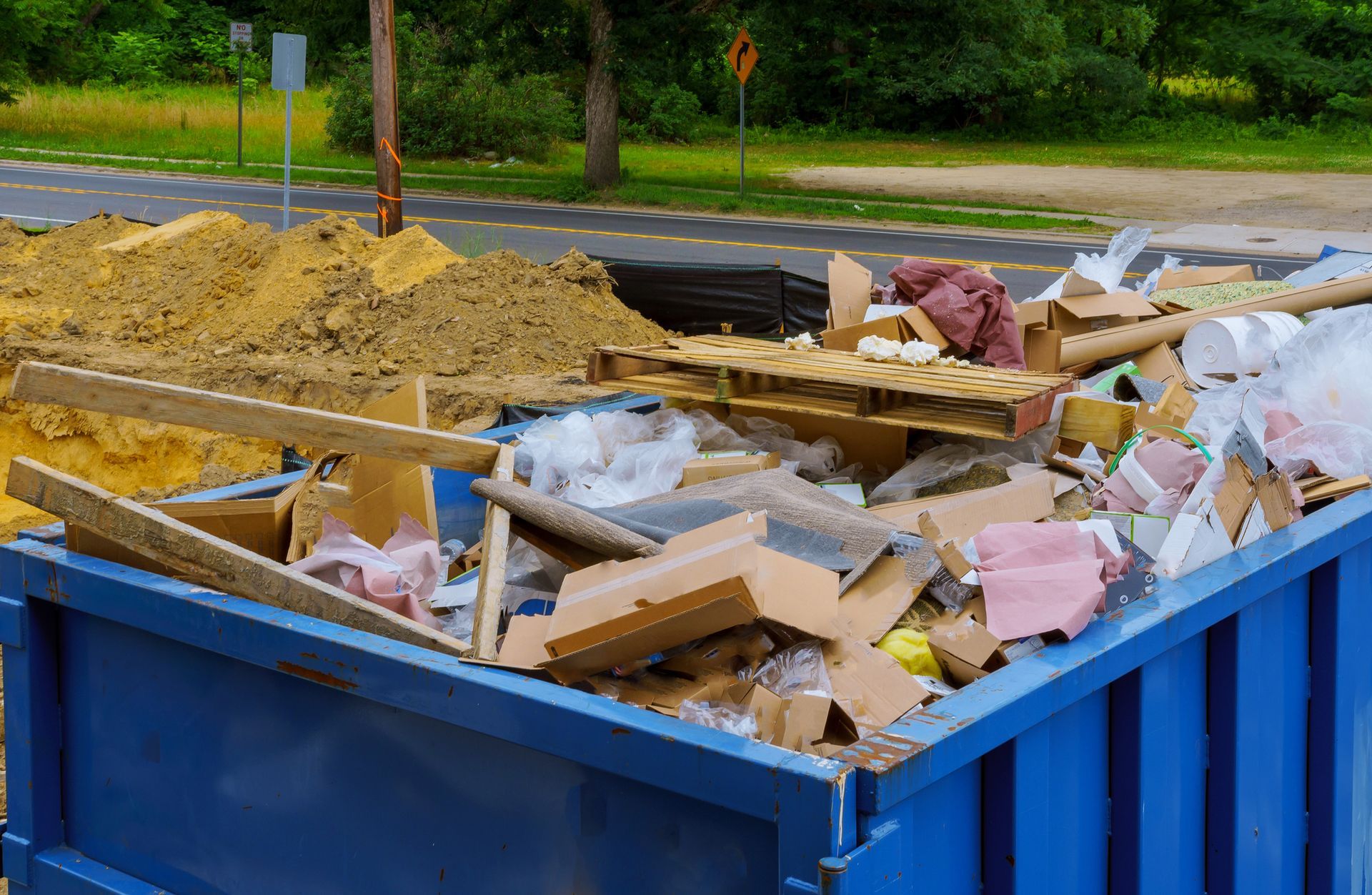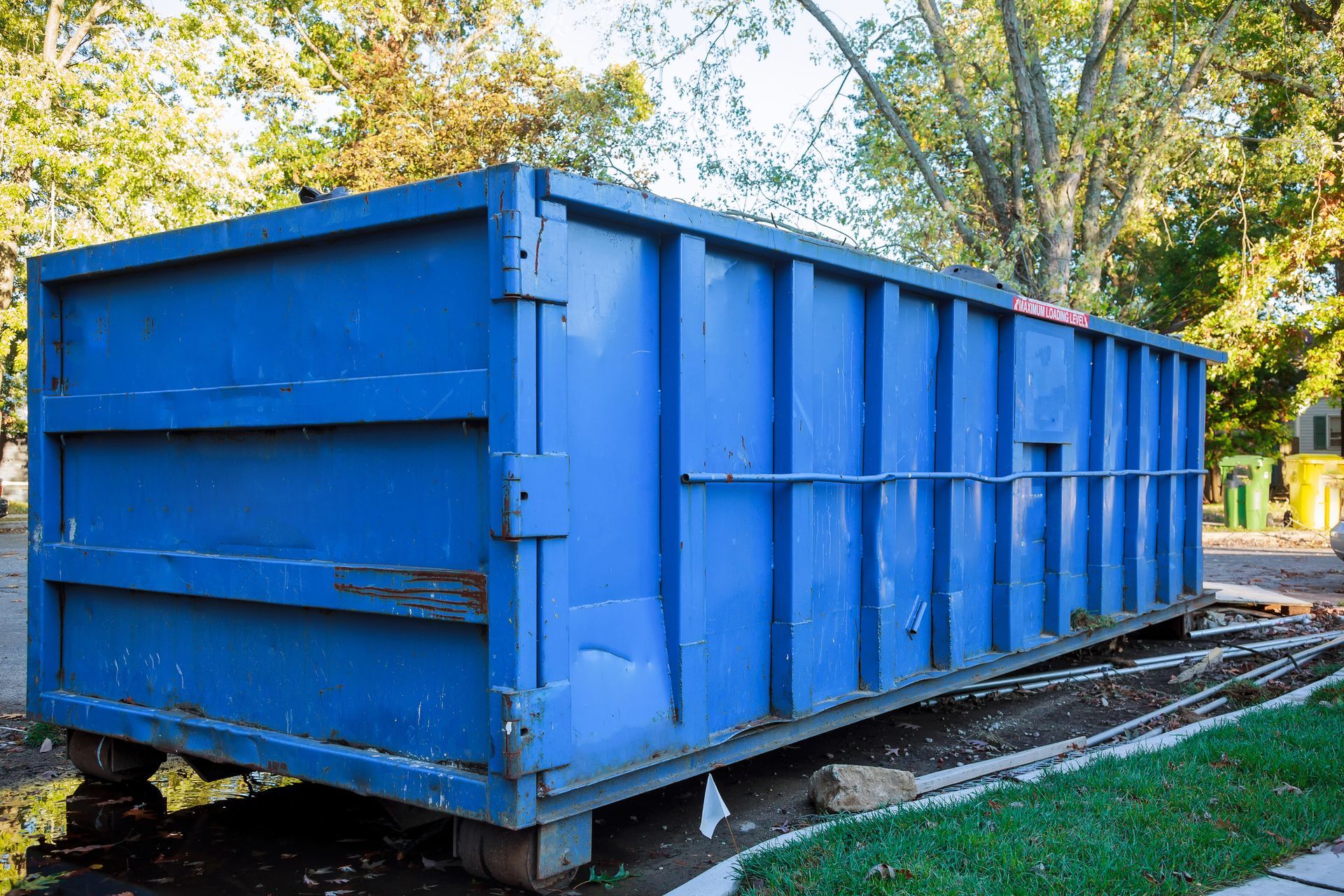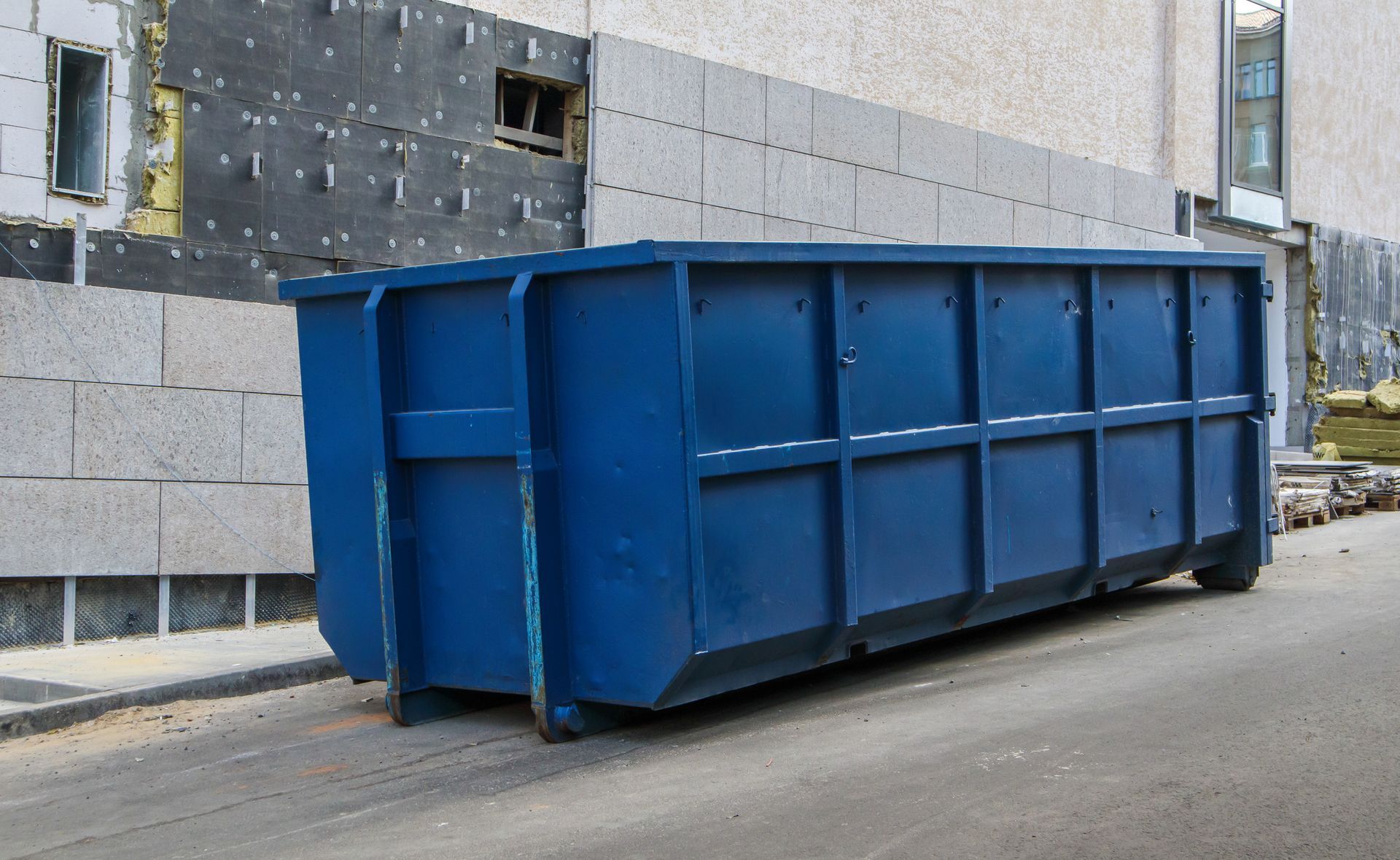Trash Talk: We Are the Talk of the Town
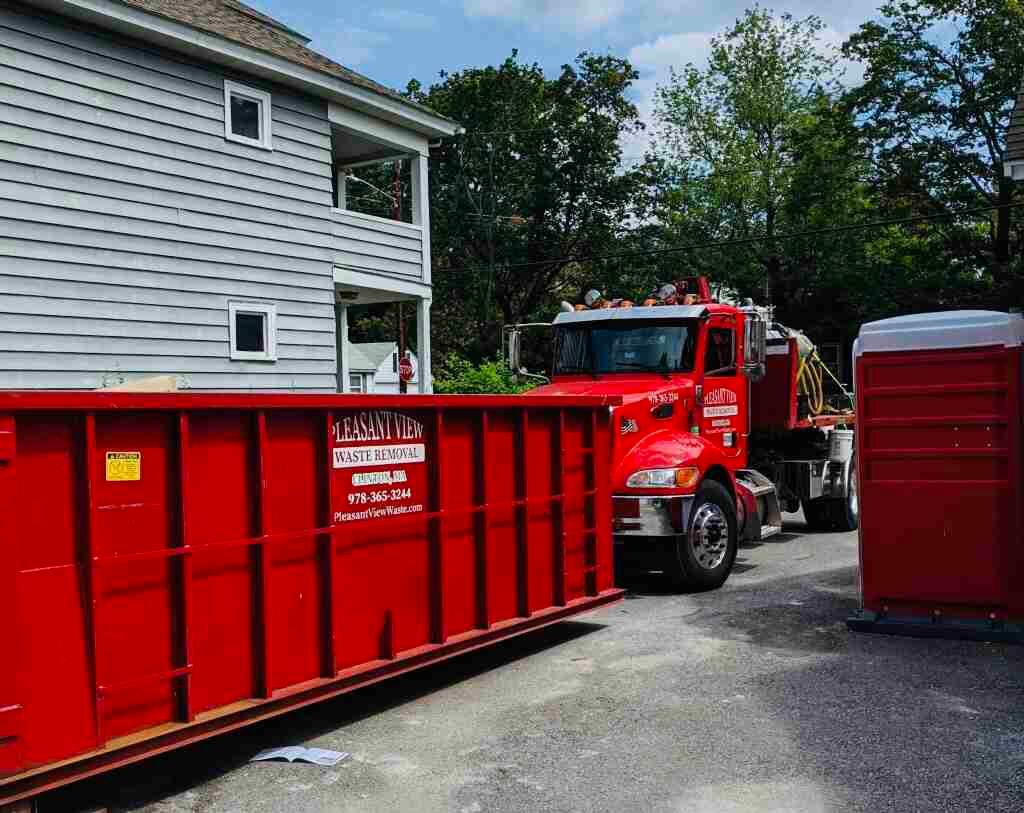
When ordering a rental dumpster for your cleanup project, it’s important to size the dumpster for your cleanup project and consider the size you’ll need. They come in several sizes, so you want to estimate properly before you order your rental dumpster. Don’t pay for more than you need and don’t get caught short by […]
The post Selecting the Right Size Dumpster for Your Cleanup Project appeared first on Pleasant View Waste Removal.
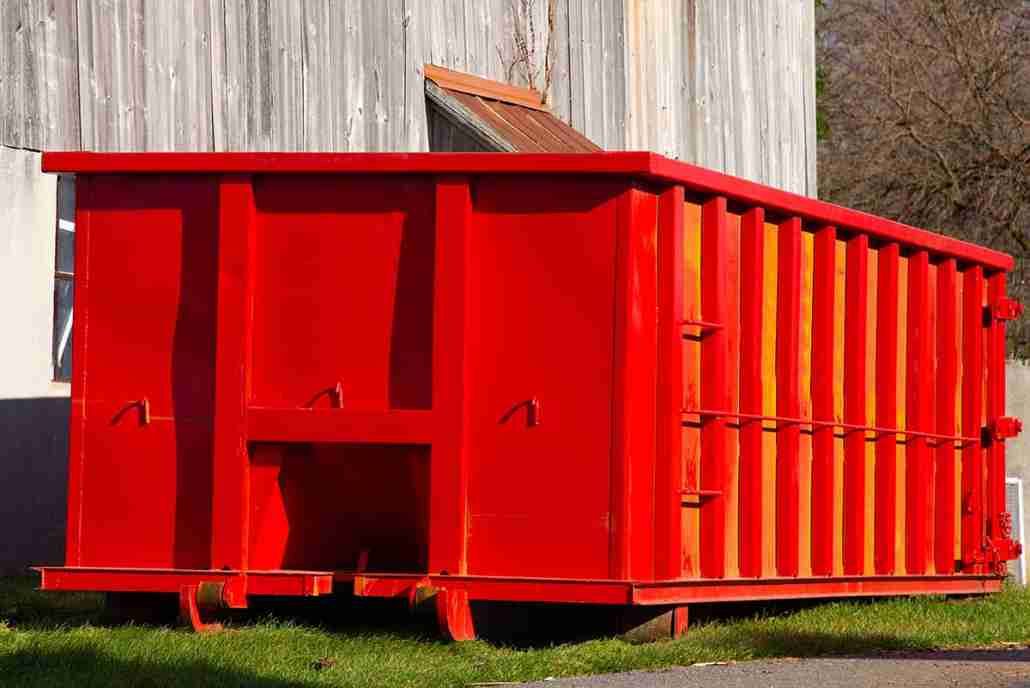
Ready to tackle a major clean-up for your residence or business? Consider renting a roll-off dumpster to assist in disposing of unwanted items and trash you have accumulated. A roll-off dumpster is ideal for when you need to dispose of a lot of trash at one time. A roll-off dumpster can be delivered to your driveway […]
The post What Can and Cannot Go into a Dumpster appeared first on Pleasant View Waste Removal.
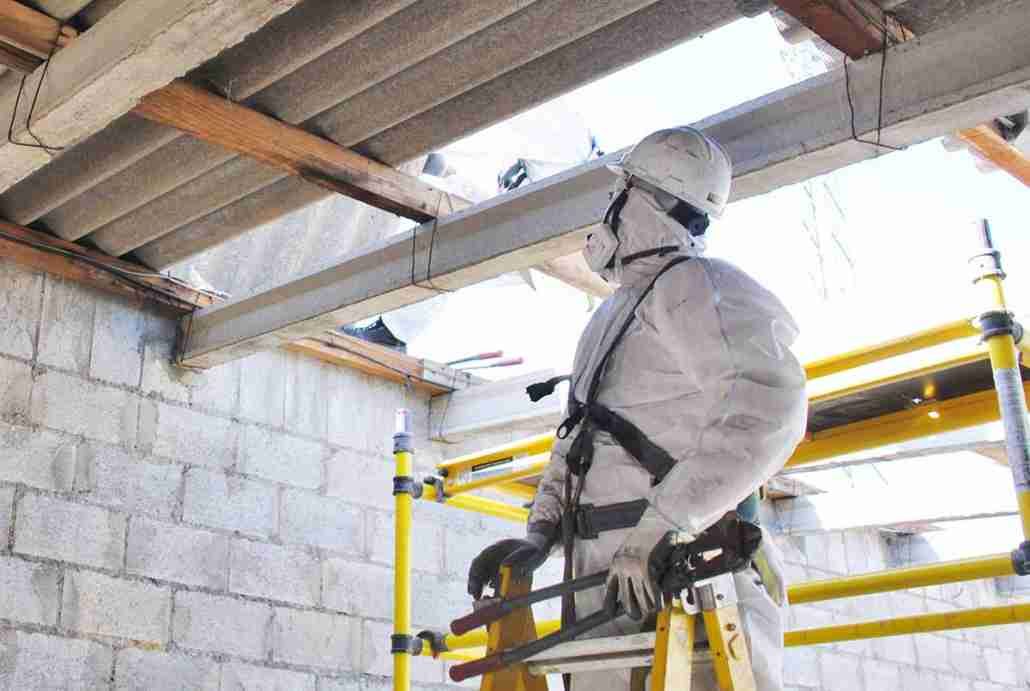
Asbestos is a bundle of fibers made up of six silicate minerals that occur naturally. Asbestos doesn’t cause problems if it remains intact. Risks to your health occur when asbestos is disturbed or damaged. Their microscopic fibers can be released into the air, where they can be inhaled. The minerals in asbestos are strong, flexible, and […]
The post Asbestos in the Home and Workplace… is Serious Business. appeared first on Pleasant View Waste Removal.
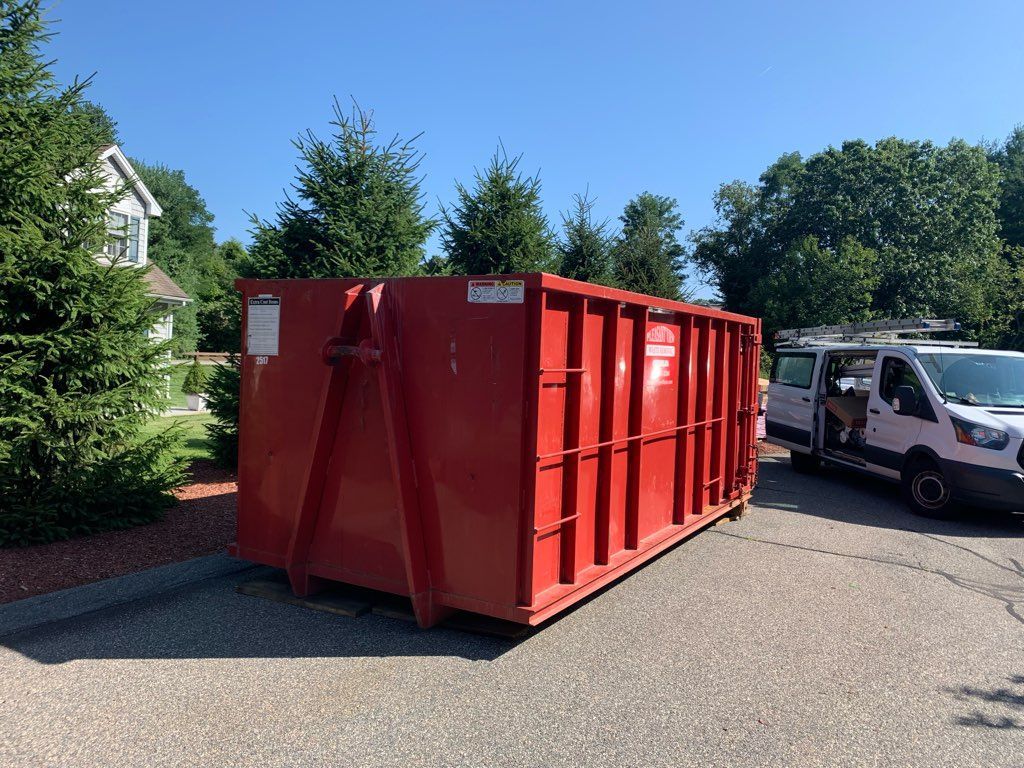
The weather is changing in Massachusetts, the air is getting colder, and you might be starting to pick up your indoor projects, such as remodeling your bathroom or kitchen. This is a perfect time to start thinking about renting a dumpster in the winter for those house projects. Salt and Shovel your Driveway when Renting […]
The post What to Expect When Renting a Dumpster in Massachusetts During Winter appeared first on Pleasant View Waste Removal.

We completed a perfect house demolition in Clinton, MA last winter. We are experts in full and partial house demolition due to severe damages, abandonment, or code violations. Additionally, we can do demolitions of decks, cabins, sheds, pools, patios, garages, barns, pergolas, gazebos, docks, mobile homes and trailers.
The post Perfect House Demolition in Clinton, MA appeared first on Pleasant View Waste Removal.
Stay up-to-date with the latest news and tips in waste management. Please read our blog today!

